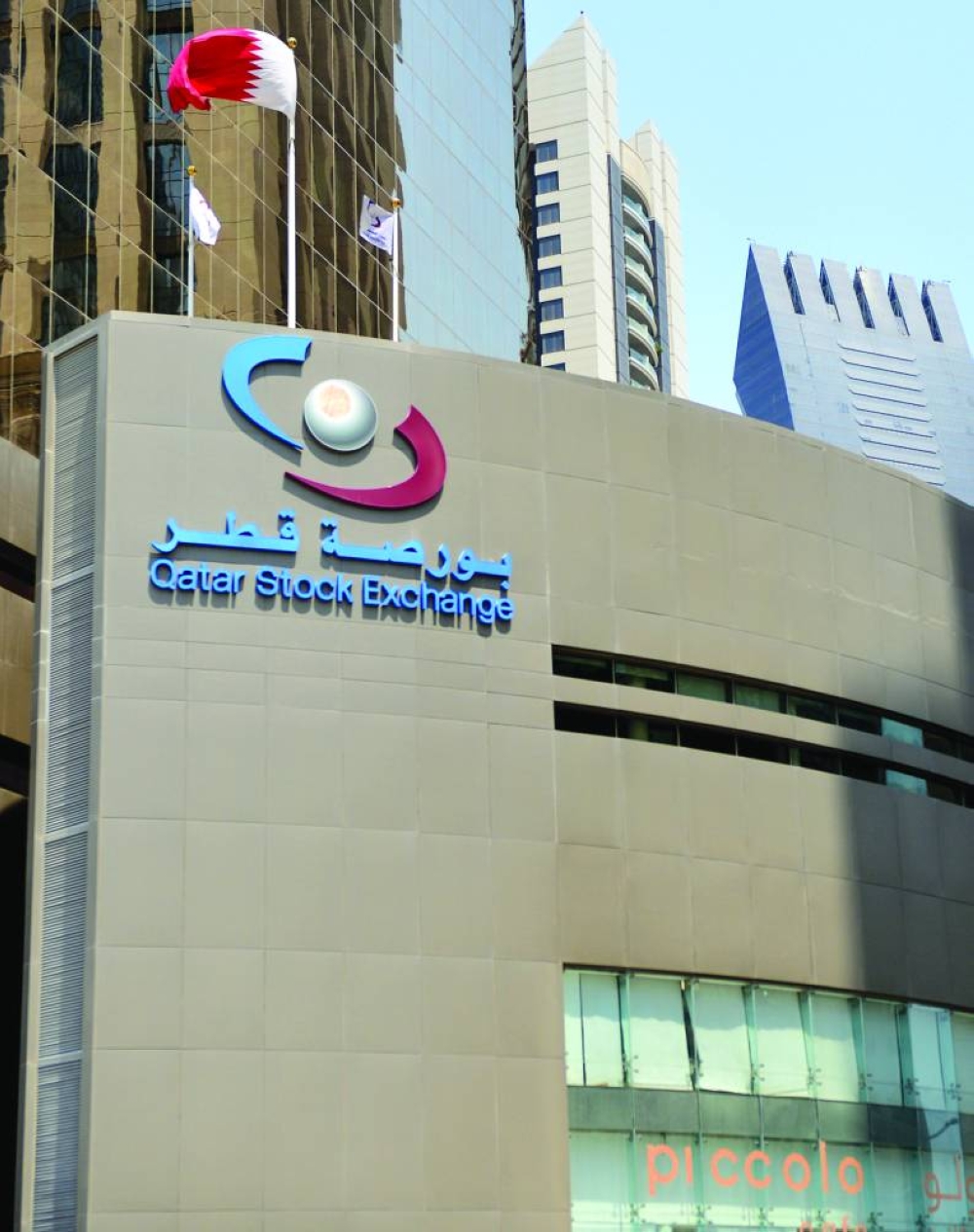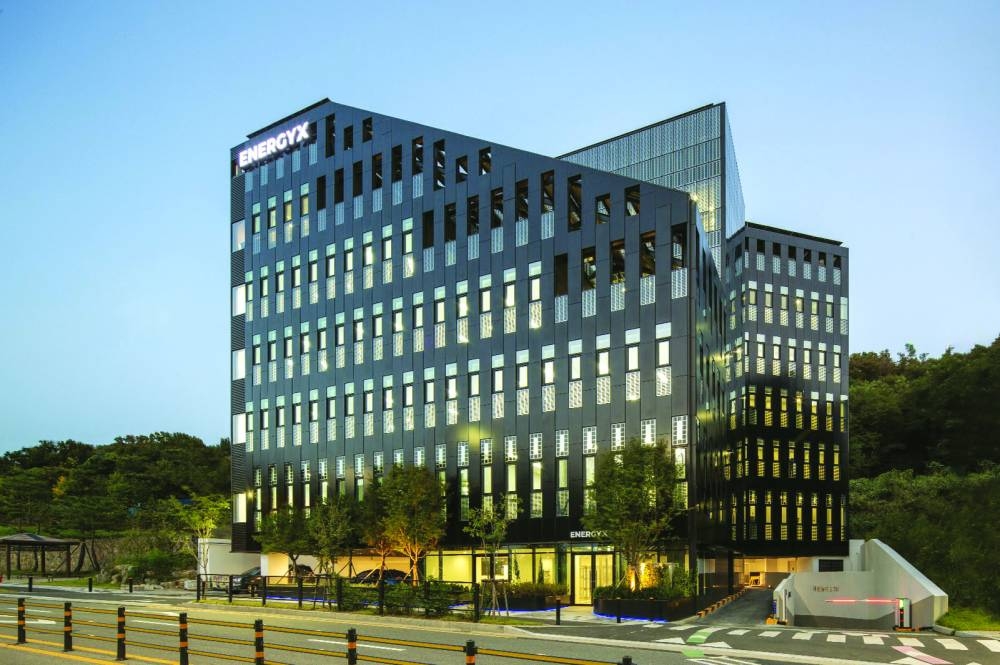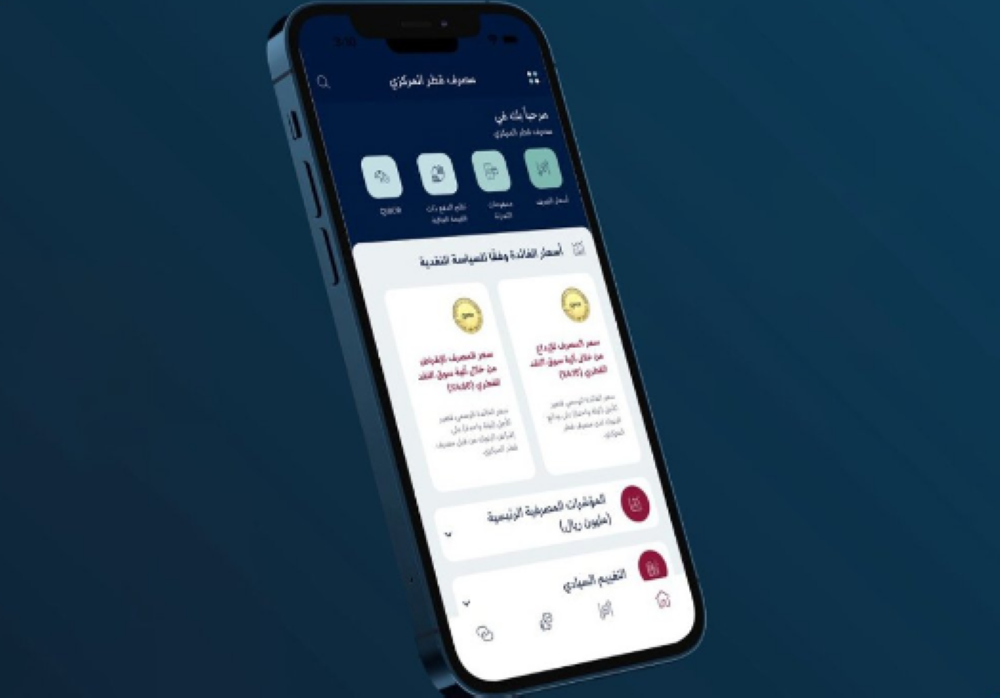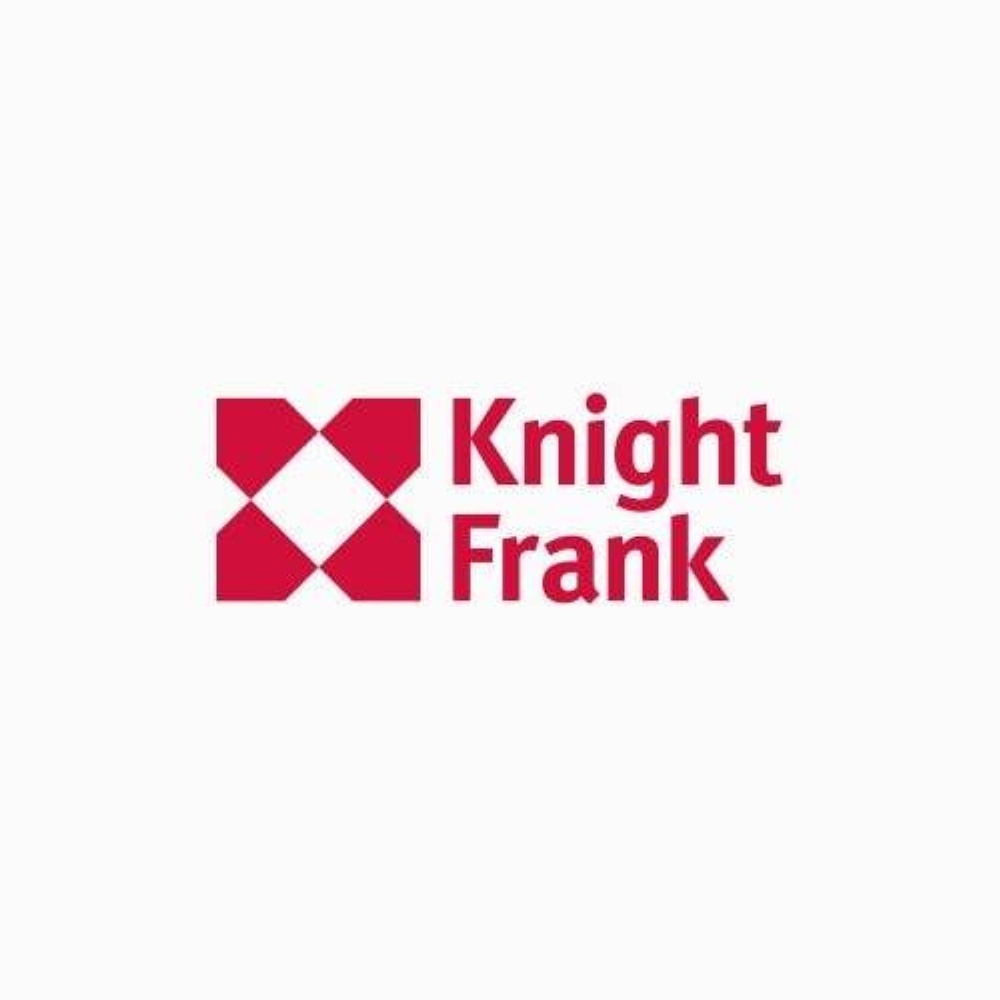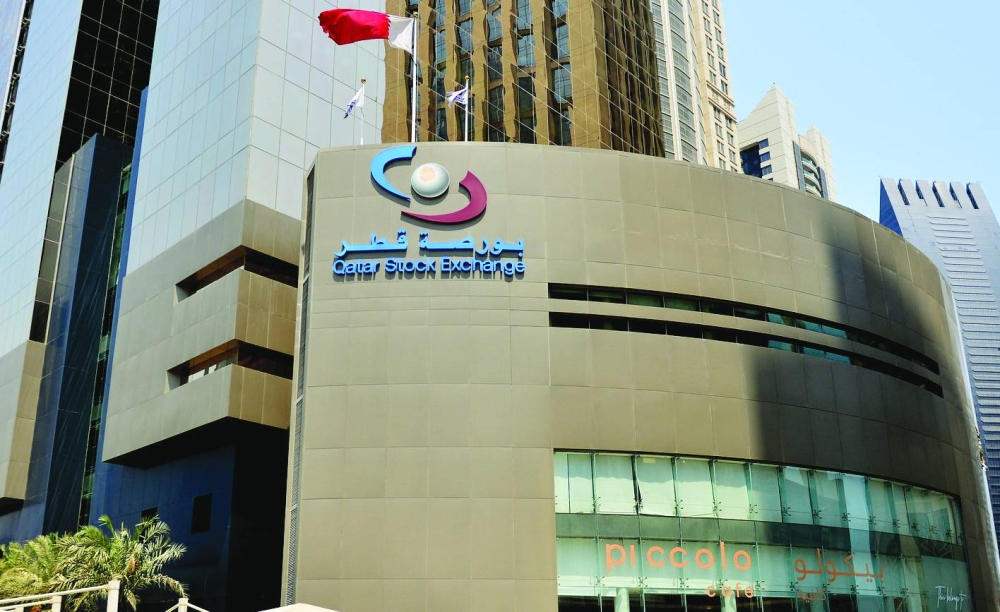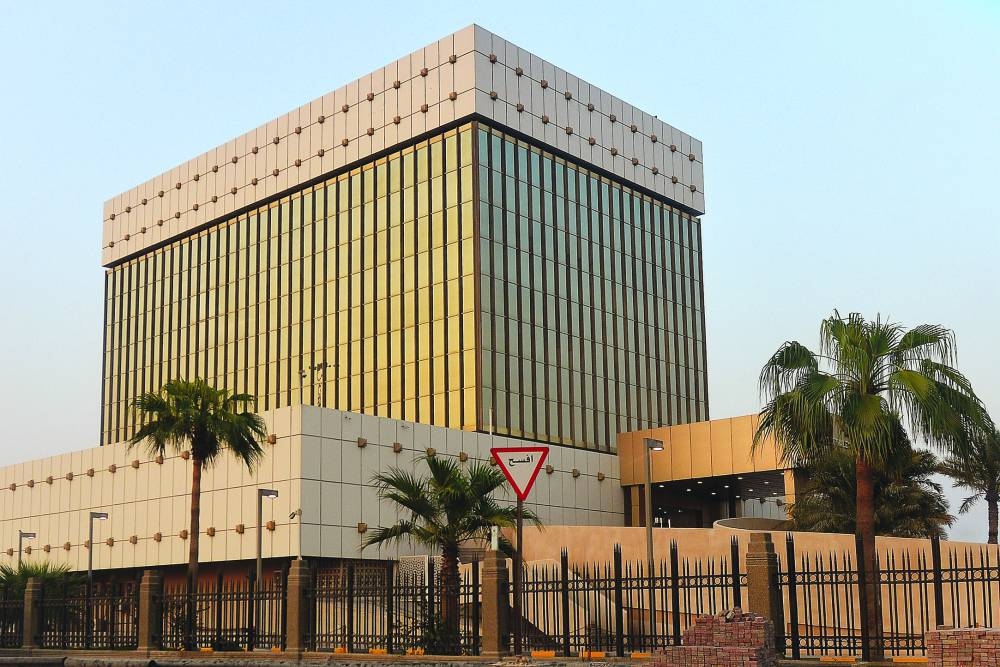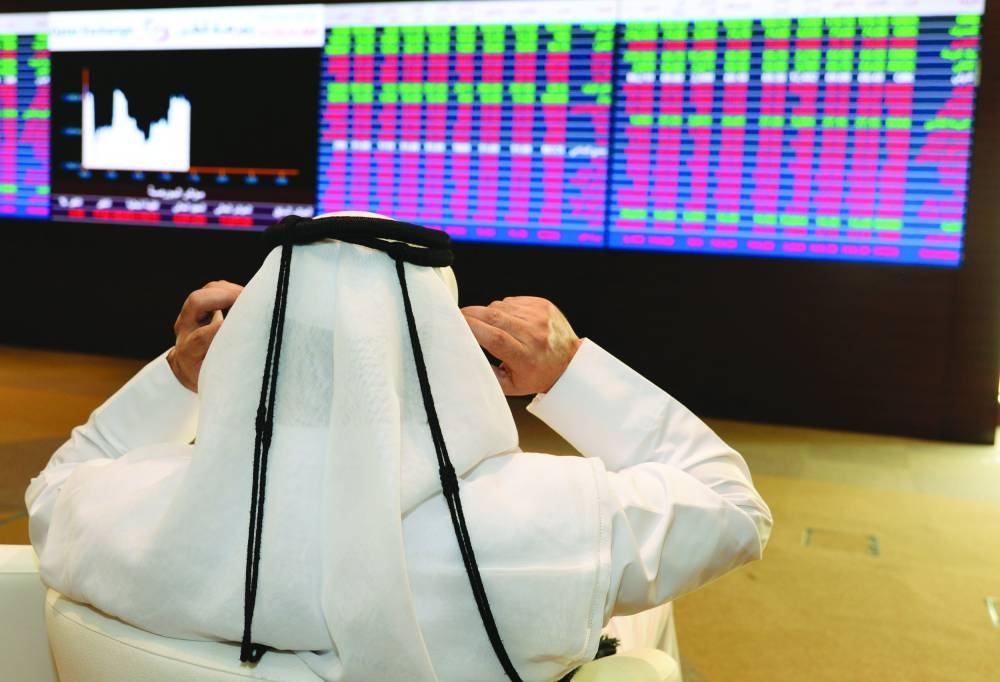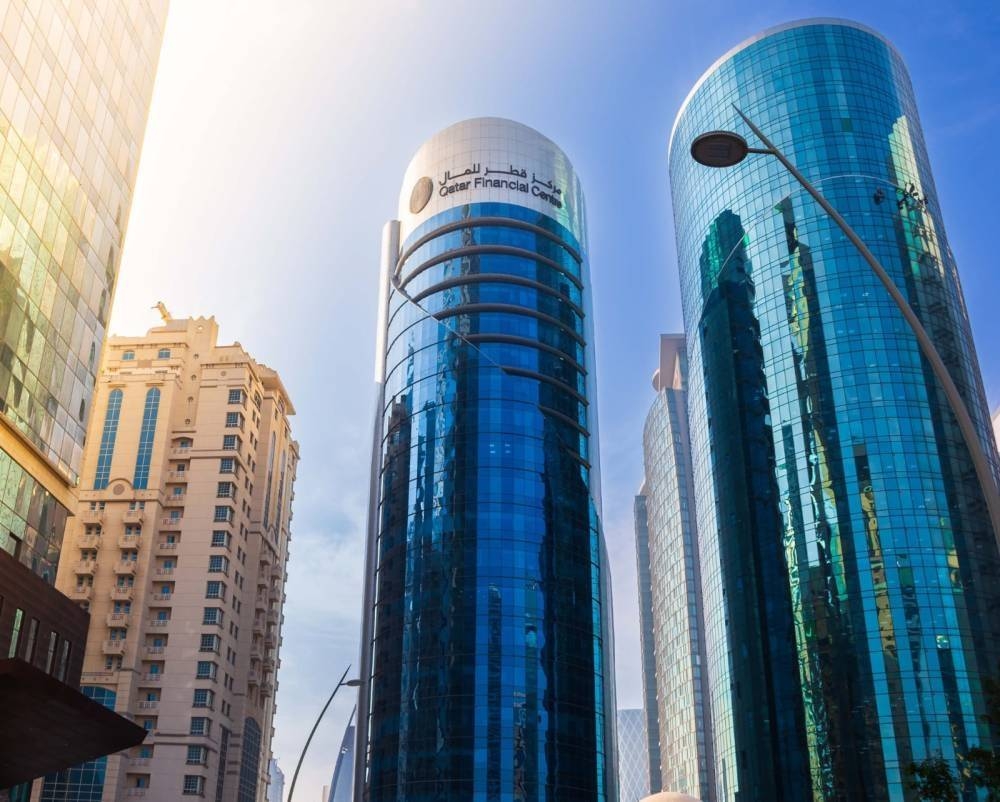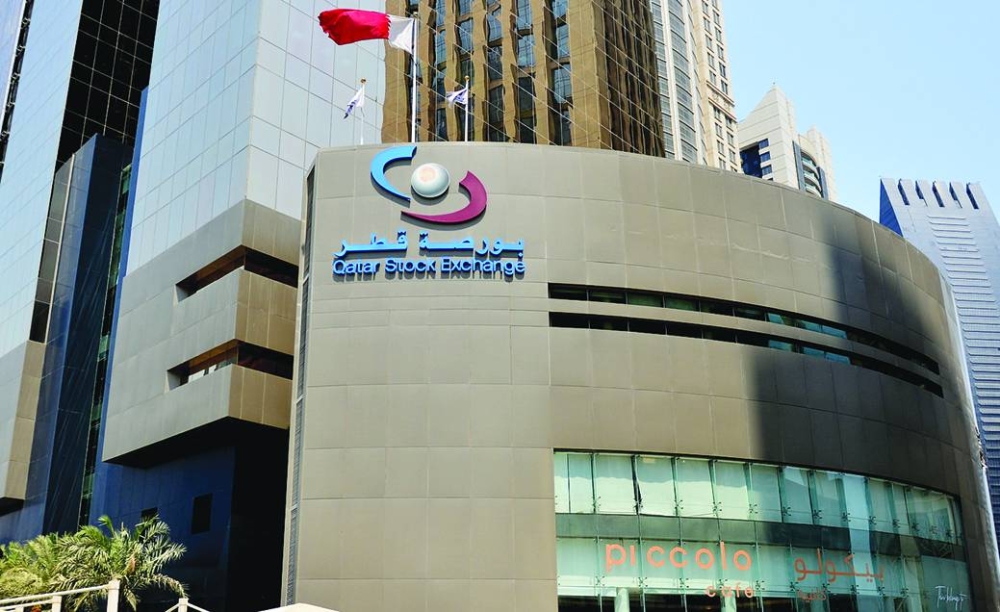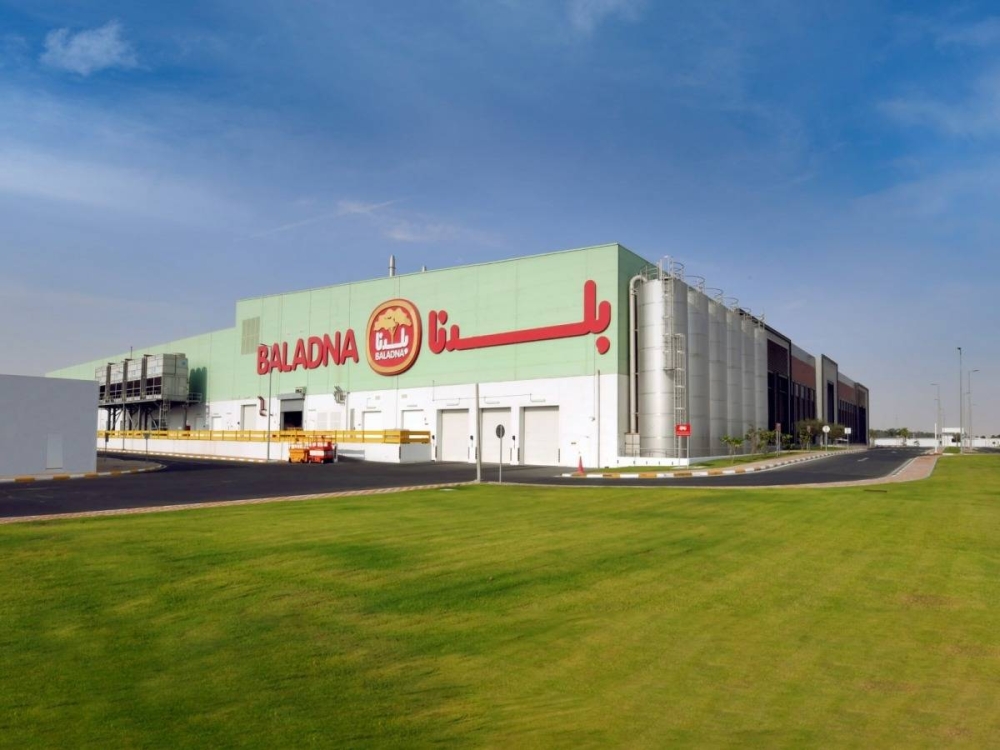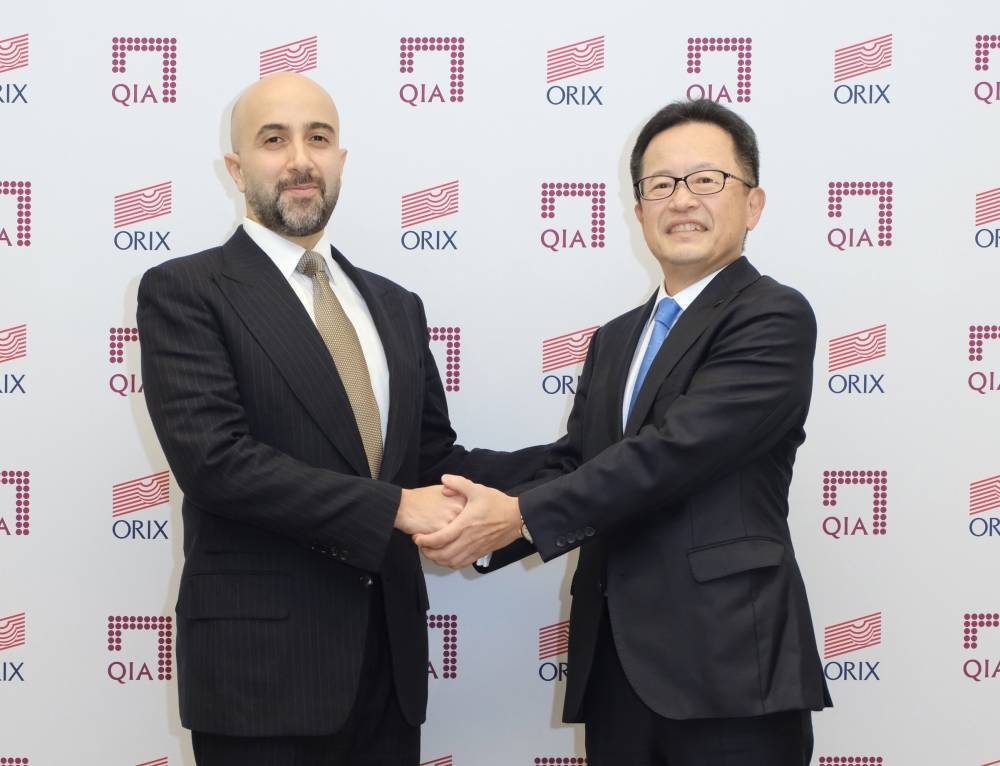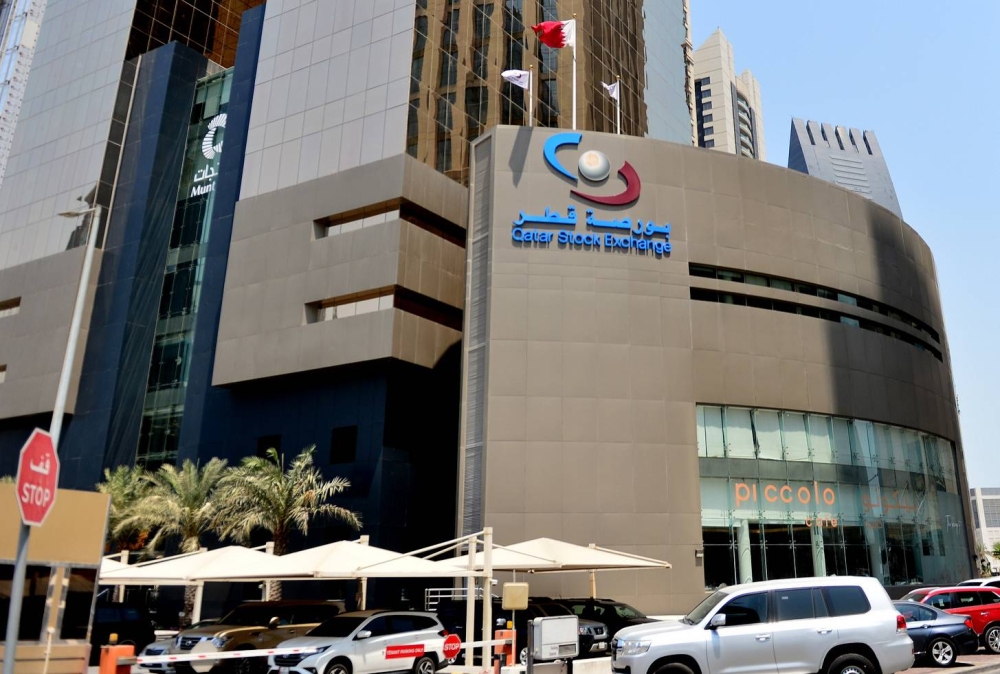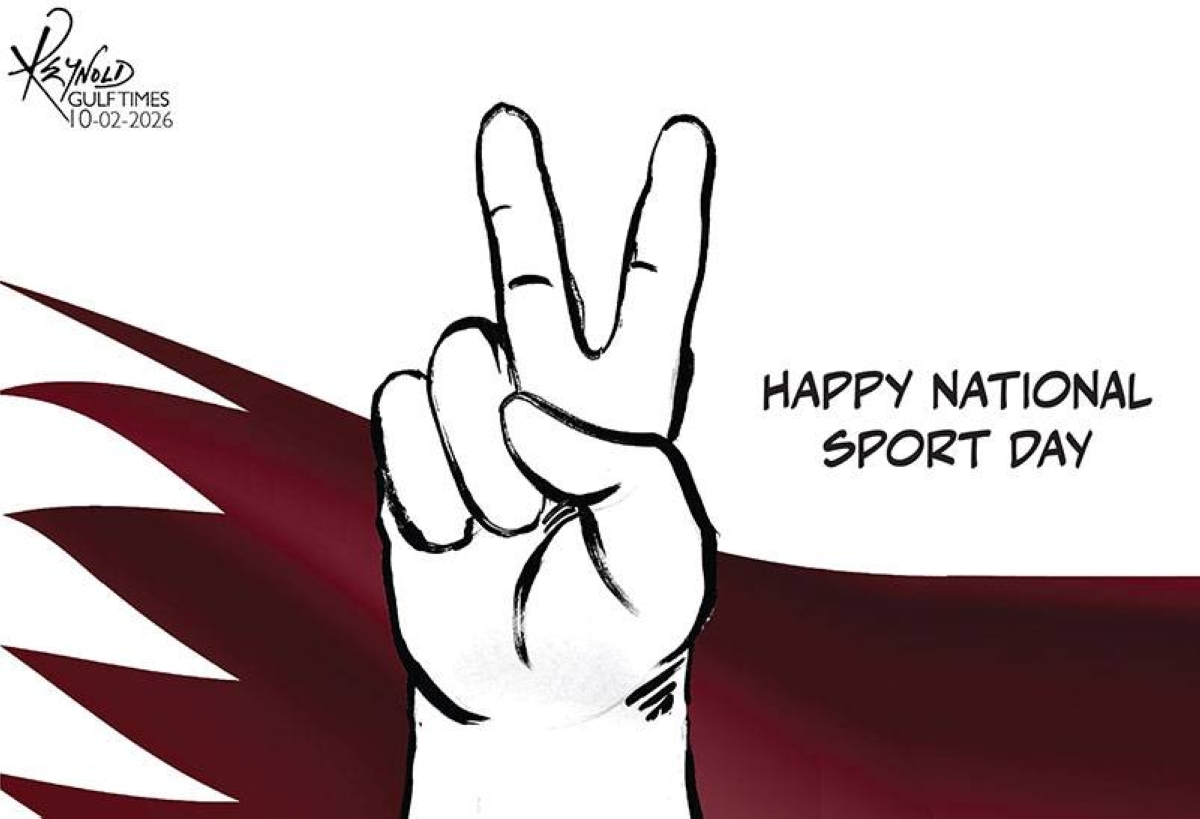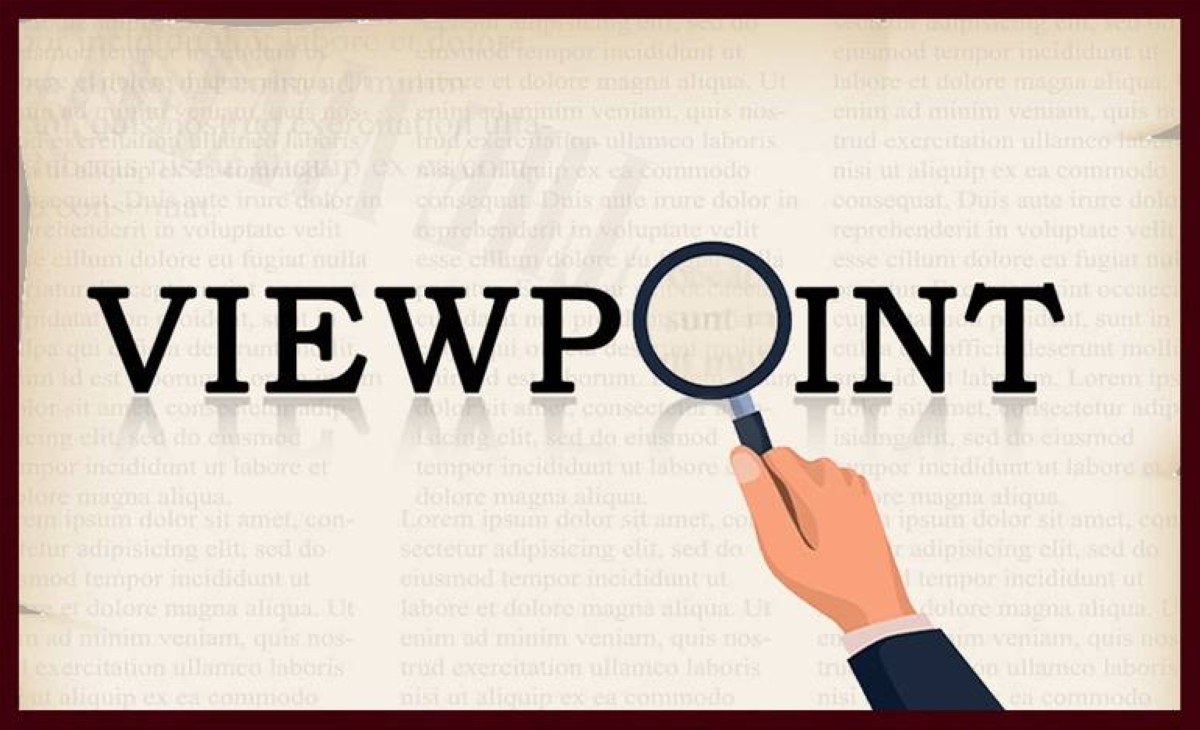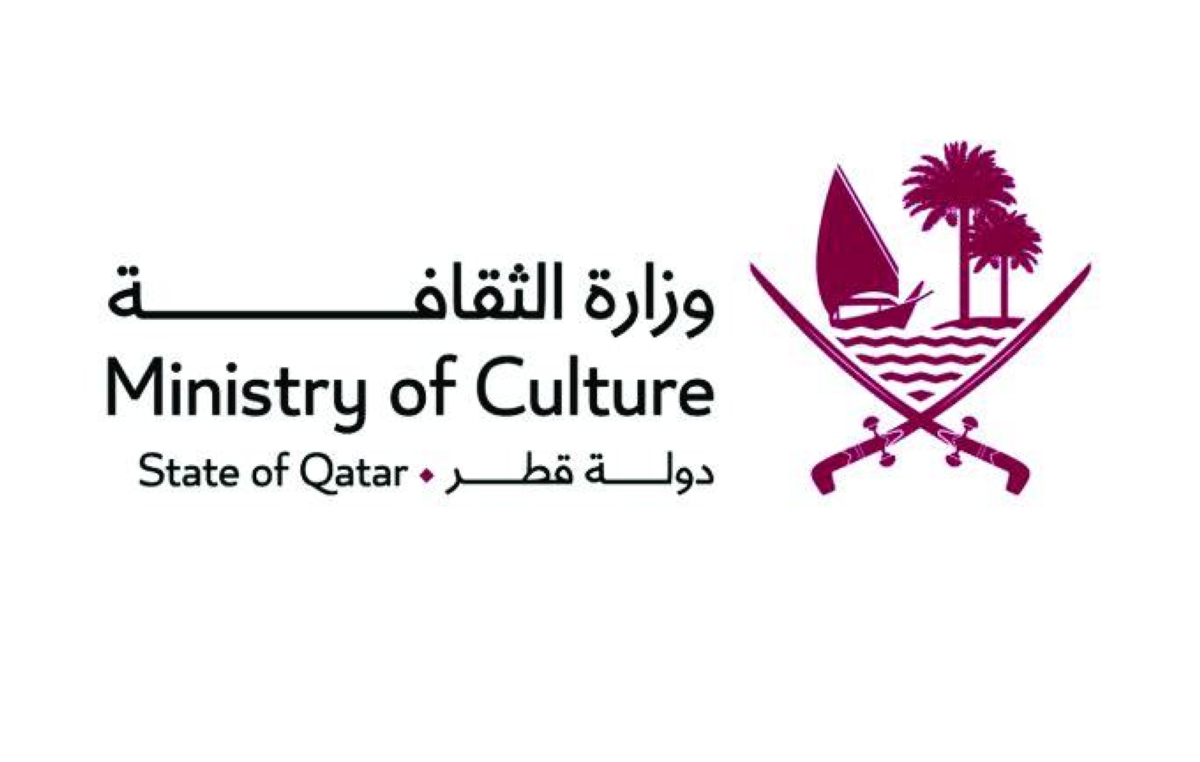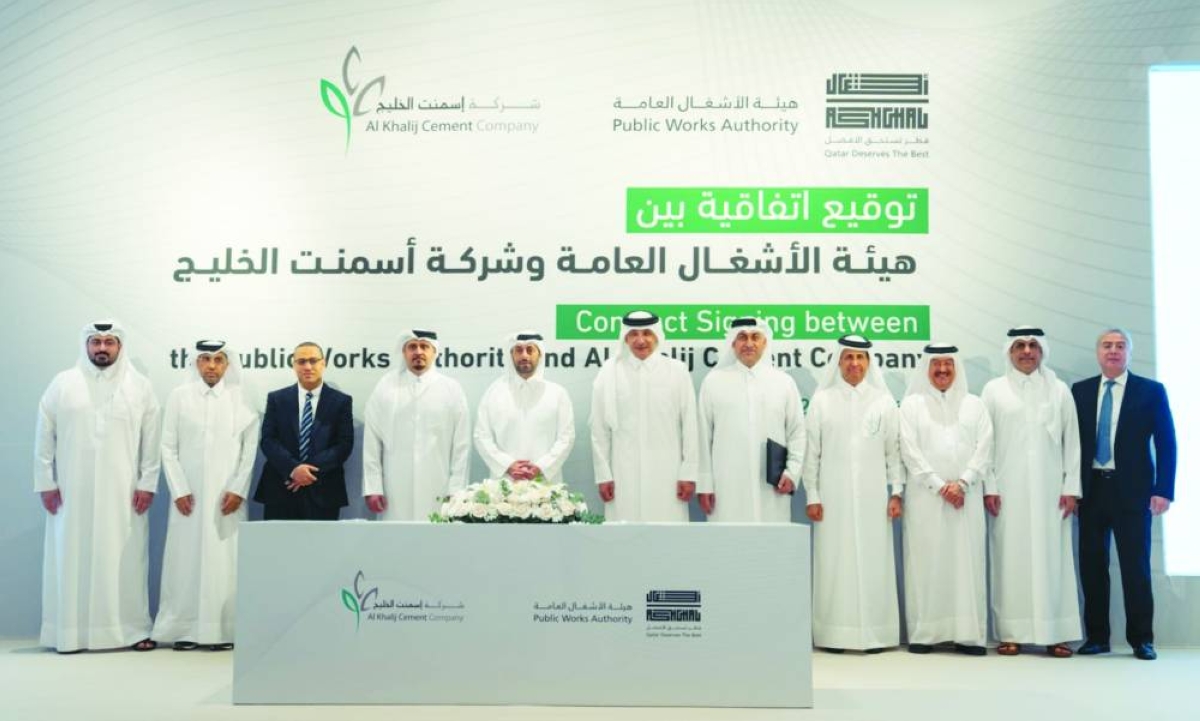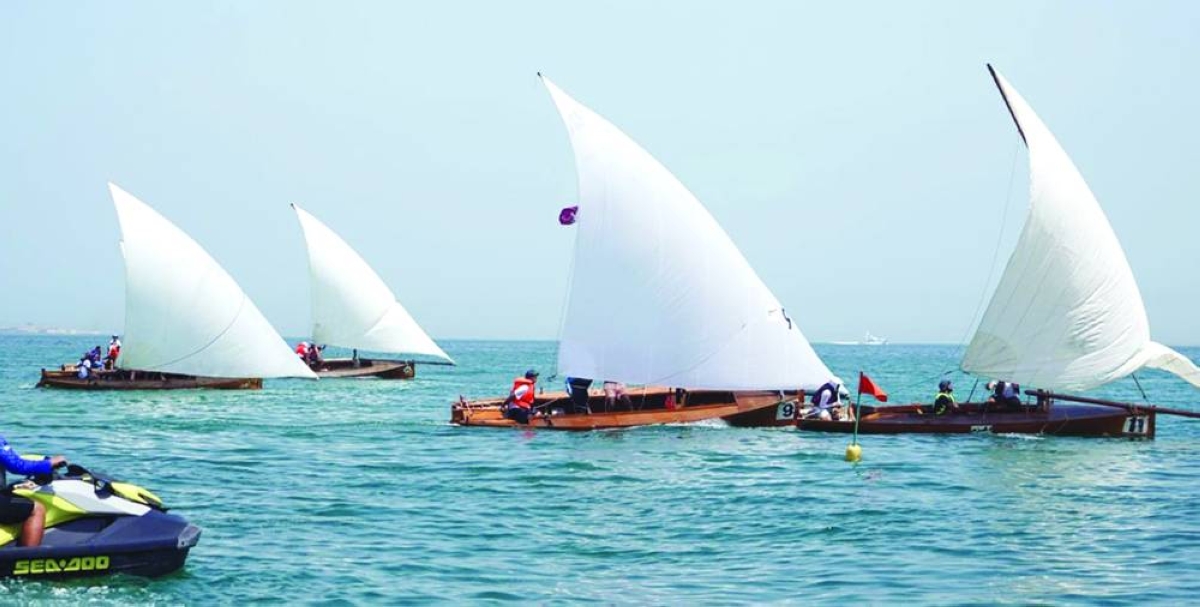Mosanada Facility Management Services (MFMS) – specialised in managing complex, high-profile venues and infrastructure, particularly in preparation for large-scale events – will make debut on the Qatar Stock Exchange on December 15, taking the total number of listed companies to 55. Shares of MFMS will be admitted to trading on QSE’s main market after obtaining all required approvals from respective authorities, and after completing all necessary technical, regulatory, and administrative procedures. “This listing marks an important milestone for Mosanada as it transitions into a publicly listed company. Over more than a decade, the company has developed strong capabilities and a proven track record in managing large and complex facilities of national importance,” said Abdulaziz Abdulla al-Mahmoud, its chairman. MFMS, which has capital base of QR70mn, will make its entry into the QSE trading floor through direct listing without offering shares for public subscription. The reference price for the share was set at QR10 (including QR9 issuance premium) based on the documents submitted by the company. On the first day of listing, the company’s price will be floated, while starting from the second day; the price will be allowed to fluctuate by 10%, up or down, as is the case for other companies listed on the market. In order to comply with the minimum requirements to obtain listing approval, the founders (Aspire Zone Foundation, Qatar Olympic Committee and Cushman and Wakefield Qatar) had sold 25% of Mosanada’s pre-listing share capital to more than 100 new investors. As of the date of the listing, the founders maintain in total 75% of the total share capital of Mosanada and have committed to a one year lock-up period from the first day of trading, during which none of them is permitted to sell any additional shares. The company had reported net profit of QR54mn for the fiscal year 2024, reflecting its ability to generate strong earnings despite project completions. Leveraging the strengths of its founders, the company has become one of the market leaders in delivering strategic planning, oversight and comprehensive management of facility and venue services in Qatar.MFMS was established in Qatar in 2013 to manage large, complex, and high-profile assets. The company operates in a technical segment of the facilities management industry, focusing on the operation, maintenance and lifecycle management of nationally significant education, sports, healthcare including public-sector facilities. The company primarily operates under long-term contracts ranging from three to five years, generating revenue through performance-based fixed fee arrangements, along with any variations mutually agreed with clients. In addition, Mosanada provides FM advisory and consultancy services on a shorter-term, one-off and ad-hoc basis. Mosanada operates in line with Shariah principles and has obtained a Shariah compliance certificate.

Most Read Stories


